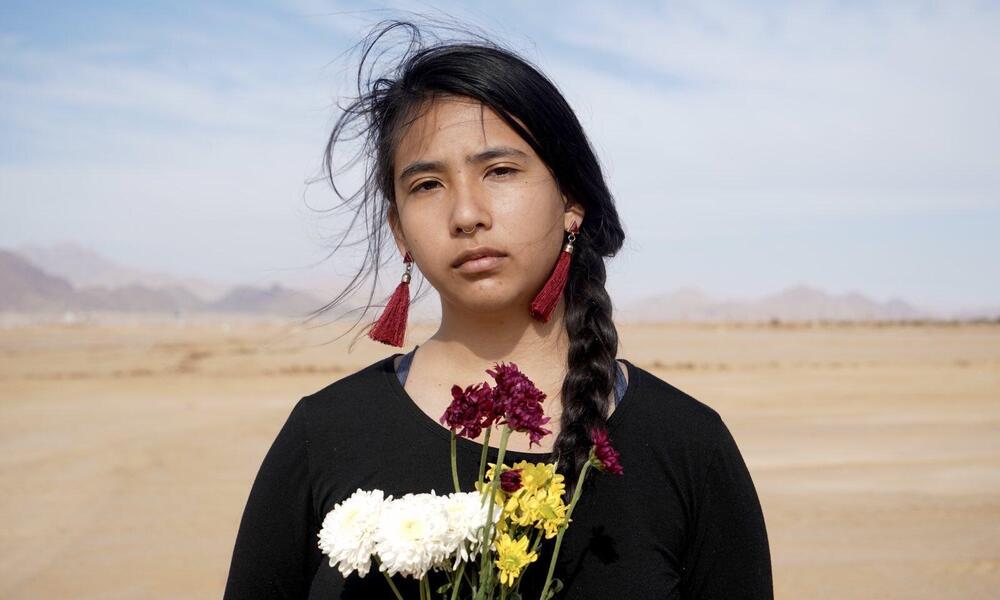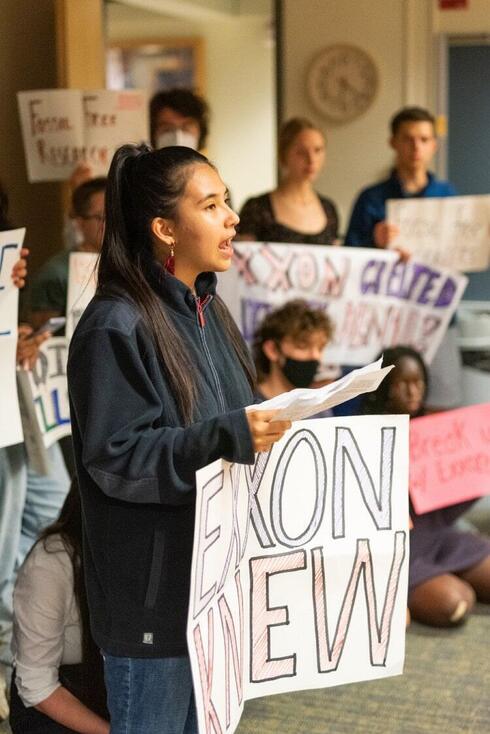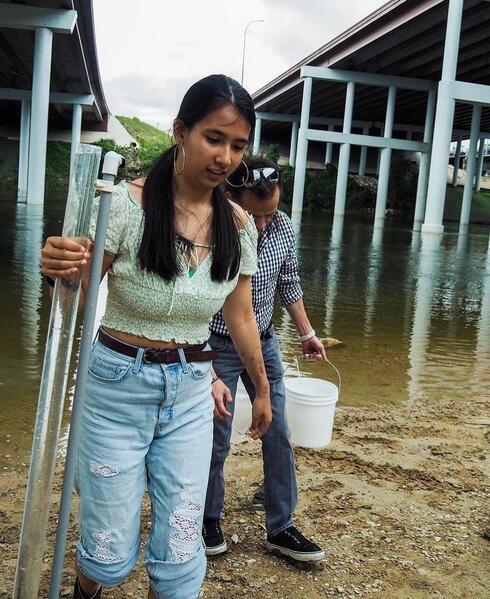"Environmental justice is creating a sustainable future where everyone has access to a clean and healthy environment," Leclercq said.
Leclercq’s extraordinary leadership doesn’t stop there. They see their role as “the glue” that brings together community voices and stakeholders and grows the movement. That’s exactly what they’re accomplishing through their education non-profit, Start:Empowerment, whose founding was prompted by a noticeable lack of educational materials on environmental justice. Start:Empowerment’s curricula centers Indigenous Knowledge and cultural teachings from communities of color, focusing on themes such as food justice, water rights, land defenders, and more. A key goal of the materials is to highlight the connections between environmental issues and social and political systems. To date, Leclercq and their colleagues have reached over 120,000 students across the US. Leclercq speaks warmly about how exciting it has been to see the outpour of interest in the organization’s materials, as well as the ways in which teachers and students get to relate to the topics and bring in their own life experiences to the learning process.
Hearing about their numerous accomplishments, one may wonder where Leclercq finds the time and energy for all of it. The distinguished scholar shares that reconnecting with nature is a crucial method of recharging.
“I basically enforce rest on myself by blocking off time on my calendar,” Leclercq said. They speak fondly of the mountains of Taiwan as a place they’d like to return to, and they also confess that they’re obsessed with capybaras.
From advocating for national environmental justice legislation to pursuing multiple research projects to examine the effects that pollution has on people and the planet, Leclercq always points to their connection to nature as a driving force. “It’s an extension of ourselves,” they say. “It’s not us protecting the environment. It’s nature defending itself. When you see [nature] as part of you, you have no choice but to take care of each other.”
“Alexia is an exceptional environmental leader,” said Rebecca Shaw, WWF’s chief scientist, who served on this year’s award selection committee. “While organizing community conservation efforts to address climate change, water pollution, and environmental justice, they have also worked actively to contribute to intellectual foundations of policy to combat environmental racism on the local, state, and national levels. Their commitment to delivering a healthy environment for all is critical to delivering an equitable, just, and sustainable future.”
Stay tuned for more WWF features on Alexia’s outstanding work. You can follow their Instagram and Twitter, or view their website.


